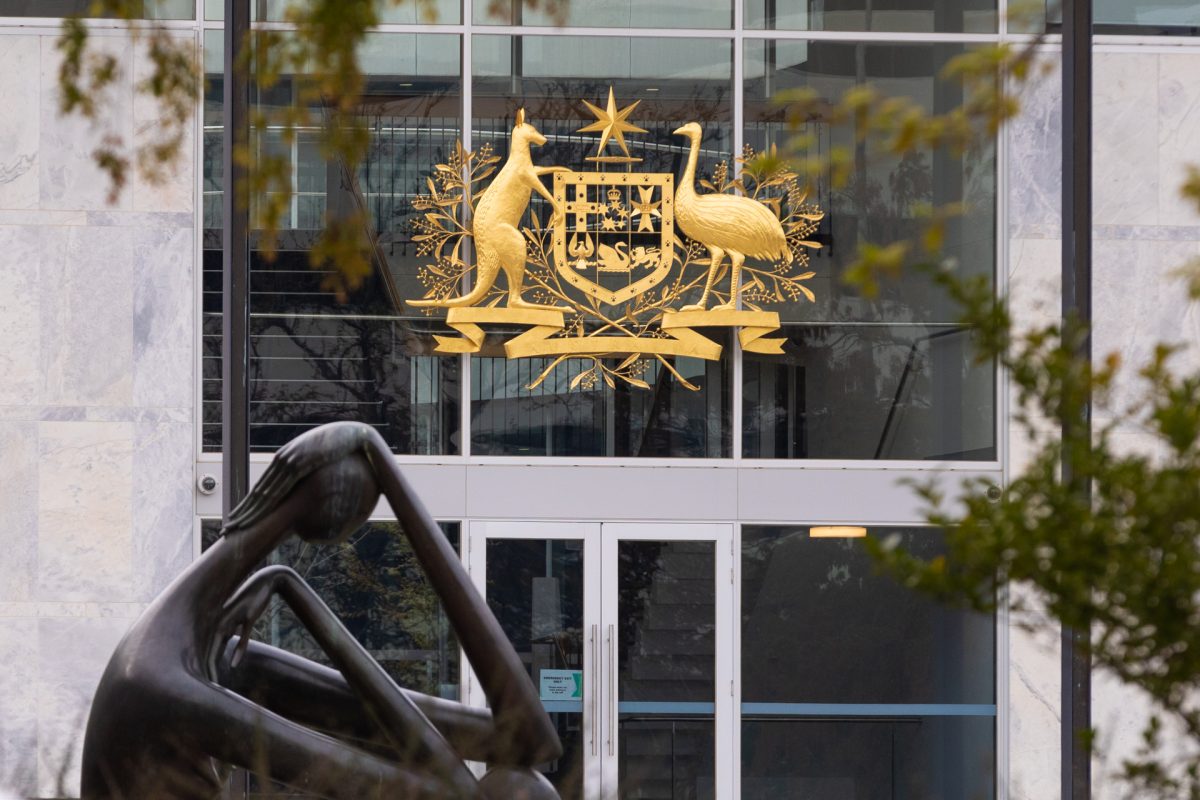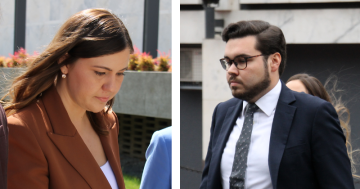
Appeals could soon be made on the grounds of ‘fresh and compelling evidence’ in the ACT, even if all other allocated appeals have been exhausted. Photo: Michelle Kroll.
A new right to appeal a criminal conviction could become a reality for the ACT, with an amendment bill presented to the Legislative Assembly.
Attorney-General Shane Rattenbury put forward the proposed Supreme Court Amendment Bill 2023 last week, which he said would create another avenue for people to appeal on the grounds of “fresh and compelling evidence”.
“Addressing wrongful convictions or miscarriages of justice is of considerable interest to the public,” he said.
“Our legal system is not infallible and sometimes things go wrong.”
Mr Rattenbury said while it was rare, issues could come to light which could later bring into question whether someone had been mistakenly found guilty of a crime. Circumstances could include advances in technology to uncover new DNA evidence, new information to suggest a person couldn’t have committed a crime, or contradictory expert evidence.
Currently in the ACT, a convicted person may appeal a decision where a jury verdict is unreasonable or cannot be supported in regards to the evidence. Convictions can also be put aside because of a wrong decision in regards to a question of law, or any other grounds where there is a miscarriage of justice.
However, appeal applications can only be made once on these grounds.
Options available include seeking an inquiry into a conviction (which has happened once in the ACT) or asking the Attorney-General to exercise a prerogative of mercy in regards to their case.
“The difficulty with the current system is that if a person has exhausted their appeal rights, and [then] new evidence emerges afterwards that points towards a miscarriage of justice, that person is not able to appeal again,” Mr Rattenbury said.
“While [alternative] pathways are an important part of our criminal justice system, they are not a substitute for a right to appeal.
“This bill will ensure that where new evidence comes to light which suggests a conviction may be unsafe, that people who have been convicted or found guilty of an offence have the opportunity to seek leave to appeal it, even if they have exhausted all other avenues of appeal.”
This proposed amendment would adjust the Supreme Court Act 1933. Similar changes have been passed in Tasmania, Victoria, South Australia and Western Australia.
Public consultation has already taken place on this proposed amendment bill, with particular discussions about technical impacts and how best to ensure it is compatible with human rights.
It’s intended the new right of appeal will be applied retrospectively, and there will be no limit on how many appeals will be allowed on grounds of fresh and compelling evidence.
The grounds of appeal would be applicable to convictions and findings of guilt of any offences in the supreme and magistrates courts.
It will be required for an appellant to prove there could have been a “substantial” miscarriage of justice to prevent vexatious and untenable appeals.
In the case where an appeal is allowed, the amendment will require a court to set aside a conviction or finding of guilt, and either order a new verdict of not guilty or order a new trial or hearing.
Mr Rattenbury noted the number of successful appeals remained low in jurisdictions where similar changes had been allowed. But he said it was still right to have the option available.
“It is important to acknowledge wrongful convictions especially impact Aboriginal and Torres Strait Islander people and people with disability,” he said.
“A study in 2015 found Aboriginal people accounted for 15 per cent of the acknowledged wrongful convictions in Australia.”
The ACT Law Society has signalled its in-principle support of the bill, and stated it looked forward to working through the details.
A spokesperson noted the addition of a new statutory right to appeal against convictions on the ground of fresh and compelling evidence could strengthen the appeal process and prevent wrongful convictions.
However it warned a “robust threshold” was needed to prevent its misuse.
“Diminishing the finality of convictions at trial carries with it the risk of diminishing the juries’ role and the judicial hierarchy, while also making it difficult for victims to achieve closure,” the ACT Law Society spokesperson said.
“As such, an appeal should only be reconsidered in clearly defined circumstances – the right to appeal should extend only to offences that may be punishable by sentences of imprisonment.
“This would prevent appeals against less serious or fine-only sentences from creating backlog issues for the court, while also being sufficiently expansive to cover instances where a wrongful conviction may be detrimental to the individual involved.”
Full details of the bill can be found on the ACT Legislation Register.





















